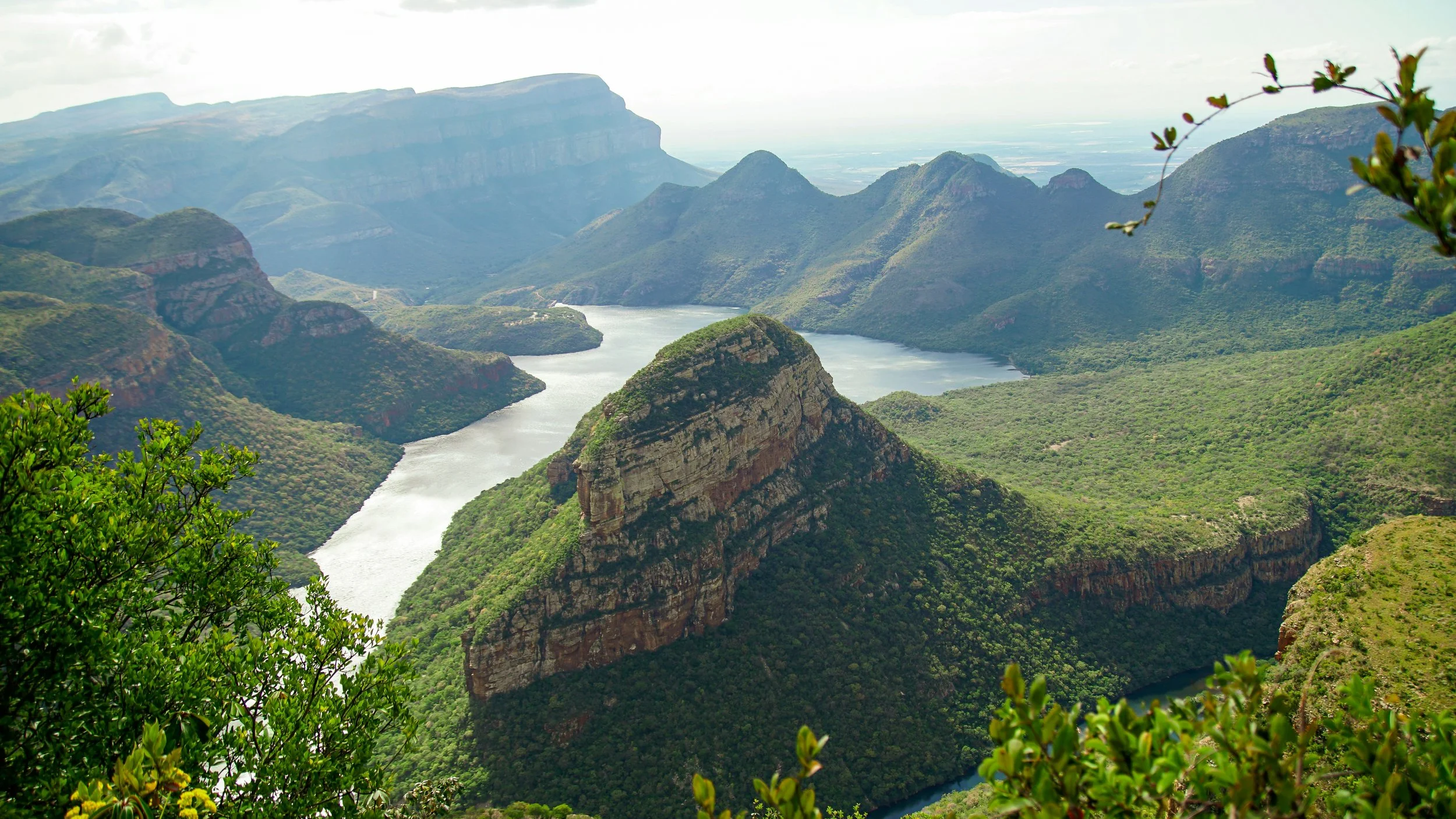
Biodiversity
Thriving People, Thriving Planet.
At Urban-Econ, we create opportunities for economic growth by strategically using our rich natural biodiversity in ways that protect the environment for future generations. We support sustainable industries like ecotourism, organic farming, and the wildlife economy, which create jobs and help preserve our ecosystems.
Our approach brings together social development, sustainable economic activities, and environmental integrity to empower communities, promote responsible resource use, and ensure both economic and ecological sustainability in the long run.
Services
01
Biodiversity Economy Feasibilities and Business Plans
02
Environmental Economics and Community Beneficiation Strategies
03
Conservation Management Plans
04
Sustainable Land and Resource Management Strategies
05
Ecotourism & Wildlife Economy Development
06
Sustainable Resource Management & Agroforestry
07
Community Empowerment & Social Development
Flagship Projects
SANBI Biodiversity Stewardship Capacity Building
-
Client: South African National Biodiversity Institute (SANBI) Location: South Africa
Biodiversity stewardship is an approach to entering into agreements with private and communal landowners to protect and manage land in biodiversity priority areas, led by conservation authorities in South Africa. The training manual for the Biodiversity Stewardship and Business Enterprise Capacity Building Programme, provides practical guidance for stewardship professionals and community leaders—who may be involved in facilitating learning and education related to the co-learning and exploring Biodiversity Economy sector concepts and looking at applicability in one’s own context.
This programme aims to help community members better understand the Biodiversity Economy and help them identify enterprise development opportunities related to it. The manual consists of 7 themes:
An introduction to the Biodiversity Economy
Understanding the value chain
The Biodiversity Economy Journey: governance and business concepts
Enterprise development
Business management and market access
Access to business finance
Enterprise and supplier support programmes
The outcome of the project aimed to facilitate a learning exchange and knowledge sharing platform for participants, further equipping facilitators or trainings with a training manual and materials.
Barberton Makhonjwa Mountains World Heritage Site Biodiversity Economy Business Prospects
-
Client: Department of Forestry, Fisheries and Environment (DFFE) Location: Barberton Makhonjwa Mountains World Heritage Site, Mpumalanga, South Africa
The Department of Forestry, Fisheries and the Environment, along with the Mpumalanga Tourism and Parks Agency, seek to identify economic opportunities that could optimally benefit the local communities surrounding nature-based areas such as Barberton Nature Reserve and Songimvelo Nature Reserve.
The WHS is a well-known tourist destination, with its main attraction being the rich ancient heritage that the region presents. However, the region primarily attracts business travellers from the mining and agricultural industries as we all as few adventure and nature-based tourists. The site's full tourist potential is yet to be revealed, this is due to management and land conflicts in the region.
Within the borders of the WHS, there is an essentially untapped wildlife economy. Although hunting is banned, some hunting activity still occurs. The main wildlife economy activity that takes place within the borders of the WHS is cattle herding by the local farmers.
In terms of bioprospecting, there are a lot of local harvesters that gather indigenous plants for medicinal and spiritual purposes within the boundaries of the WHS. Additionally, some farms harvest and use indigenous plants, such as aloe, in value-added products. However, a lot of these activities are not yet commercialised on a large scale and are not well-known or established companies in the national market.
Several ecotourism, bioprospecting and wildlife economy opportunities were identified based on market research, a site visit, community consultations, stakeholder engagements and through the IMPs. These opportunities were based on market research and stakeholder engagements. These projects were then evaluated using a multicriteria tool that weighs up the potential positive and negative impacts these associated projects will have on socio-economic development and the surrounding environment. The two opportunities taken forward for the business cases was the dual abattoir for livestock game meat processing and the Songimvelo Nature Reserve Eco Lodge.
North West Biodiversity Strategy and Action Plan 2030
-
Client: North West Department of Economic Development, Environment, Conservation and Tourism (DEDECT)
Location: North West Province, South Africa
The vision for the North West Biodiversity Strategy and Action Plan is as follows: “By 2030, biodiversity in the NW is to be conserved through the sustainable management thereof and utilised to provide fair and equitable benefits to all”. It was designed as a provincial tool that aims to capture and align biodiversity targets and priorities to highlight the most critical actions to be taken forward as a collective by institutions within the biodiversity landscape. The Strategy aims to achieve the following strategic objectives:
Conservation and effective management of biodiversity in the North West.
Mainstream biodiversity into policies, strategies, plans, and programmes.
A biodiversity-based economy contributes to inclusive and sustainable livelihoods and development opportunities.
Knowledge management supports effective planning, decision-making, monitoring, evaluating, and reporting.
Resource mobilisation enables the effective implementation of the biodiversity mandate in the province.
The North West Province aims to create capacity within its government and foster partnerships to expand on existing initiatives to conserve the region’s biodiversity. The province has a global responsibility to safeguard, limit the loss of, and restore the biodiversity and ecological services within its boundaries.




